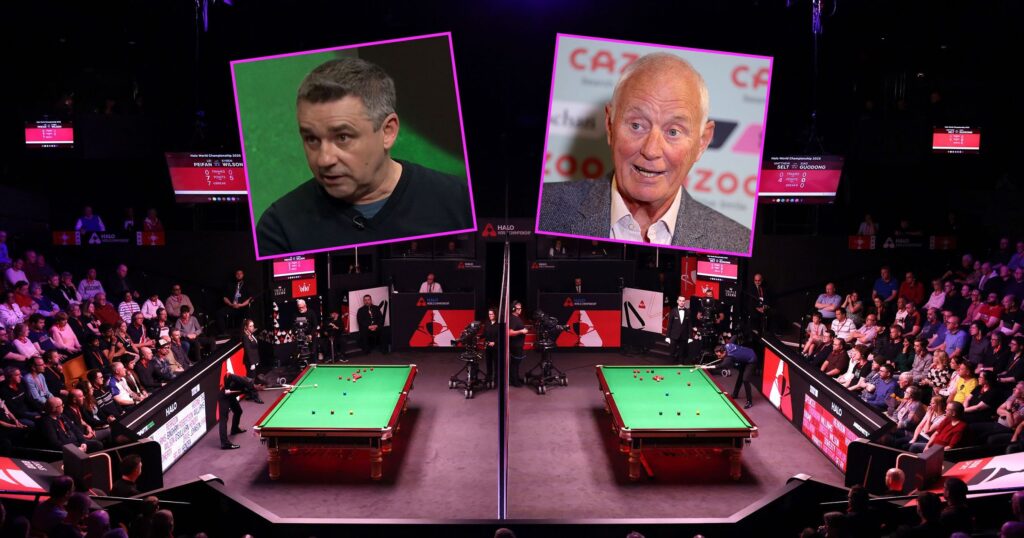Alan McManus, a notable figure in the world of snooker and ranked as a former world number 6, has voiced strong concerns about the potential relocation of the World Snooker Championship from its historical home, the Crucible Theatre in Sheffield. McManus articulated that there will be “a price to pay” if such a move occurs, highlighting the venue’s significance as a “sacred” site for the sport. This sentiment arises from the ongoing uncertainties surrounding the future of the prestigious tournament, particularly as the current contract with the Crucible is set to expire after the 2027 championship.
The Crucible Theatre has been the home of the World Championship since 1977, and there is a palpable reverence for the venue that many players and fans share. However, recent statements made by Barry Hearn, the president of Matchroom Sport, have cast doubt on the continuation of the event at this iconic theater. Hearn indicated that unless significant renovations occur or a new venue is established, the championship might be moving away from its Sheffield home. His remarks underline a pressing need to reconsider the facilities available, which he described as “no longer fit for purpose,” in order to attract higher prize money for players and remain competitive within the evolving sports landscape.
In a candid discussion on the topic, McManus expressed skepticism regarding Hearn’s intentions, suggesting that a decision to relocate would prioritize financial gain over the sport’s integrity and the unique experience the Crucible provides. McManus stated, “You either have a duty to your pocket and other people’s pockets, or you have a duty to our game, our sport.” This notion underscores his belief that the sentiment and tradition tied to the Crucible far outweigh any financial considerations. He emphasized that moving the tournament could diminish the overall experience for both players and spectators, arguing that the Crucible plays an irreplaceable role in the tournament’s ambiance and significance.
Compounding the issue, Hearn drew a parallel between the world of snooker and that of darts, where high-profile events, such as the PDC World Darts Championship, offer significantly larger prize winnings. Hearn indicated that in the upcoming competition, the winner would receive £1 million—double the prize awarded to the champion of the Crucible. This stark contrast further illustrates the financial pressures and expectations facing snooker as it seeks growth and sustainability in a competitive sports market.
Reflecting on the history and connection with the Crucible, McManus imparts a sense of loss at the prospect of leaving its cherished confines. He cautioned that relocating the tournament could have detrimental impacts on its reputation, stating, “If he moves it, then there will be a price to pay in terms of reputation.” This perspective highlights the intertwined nature of sports culture and history, suggesting that the foundations built over decades at the Crucible cannot simply be replaced.
As discussions continue about the venue’s fate, Hearn reiterated a timeline, laying out a plan to revisit the subject in three months, stressing the necessity of achieving a solid decision by the end of the year. He acknowledged the traditional aspects of the Crucible and the community’s affection for the venue: “I think we love Sheffield and I think Sheffield City Council love us, and I am very hopeful we’ll be able to get a deal done at the end of this year.”
As the snooker community holds its breath, the tension between preserving tradition and adapting to financial realities unfolds. The next steps taken by Matchroom and stakeholders in this saga will undoubtedly influence the future of not only the World Snooker Championship but also the landscape of professional snooker as a whole.



